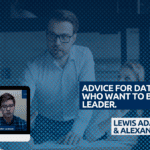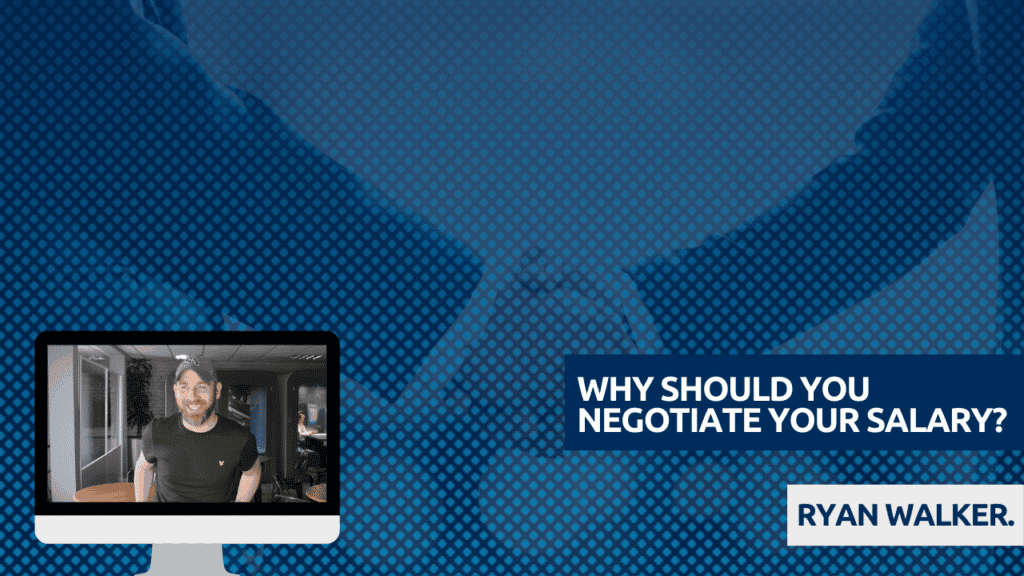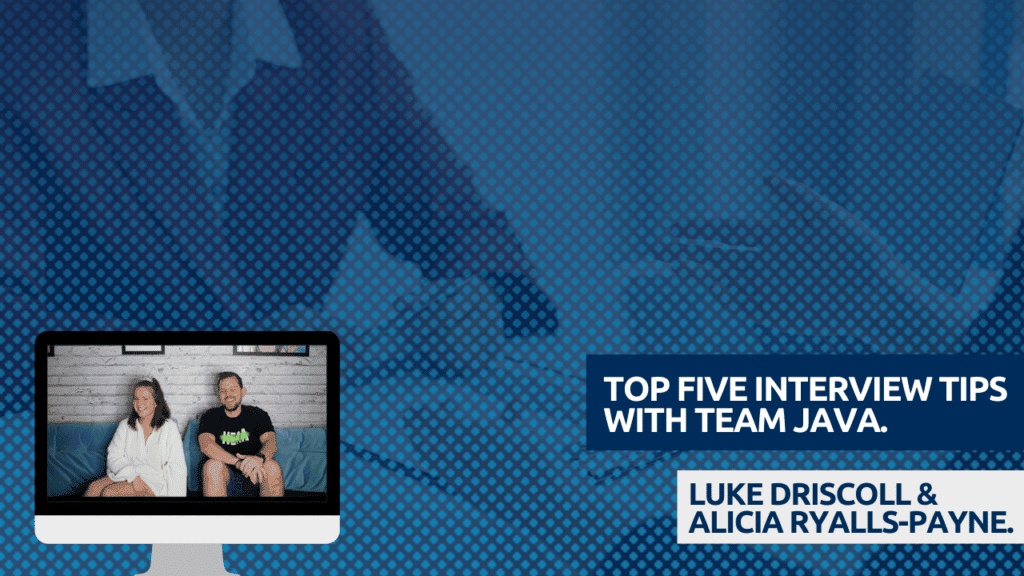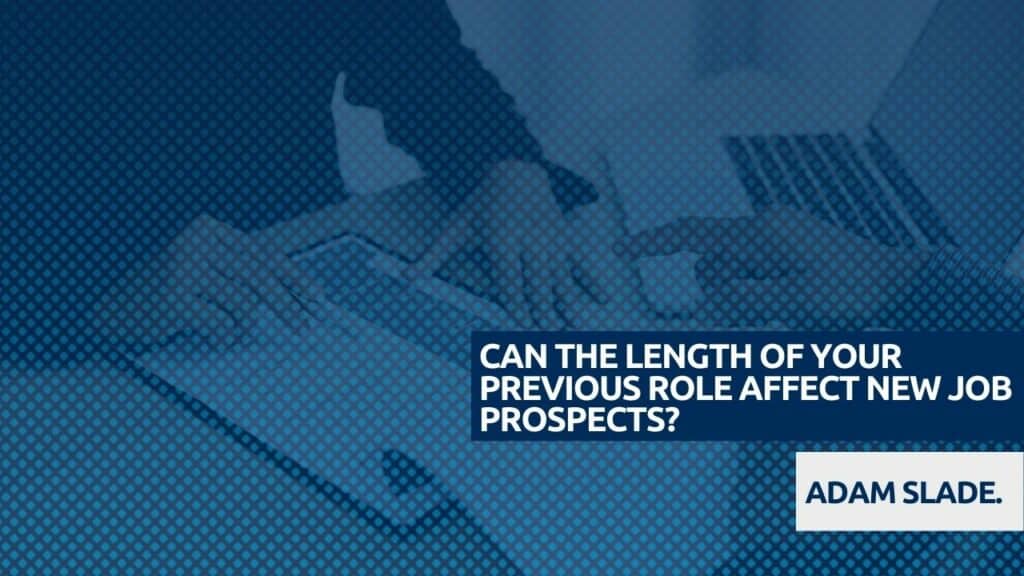Becoming a Lead Data Scientist

Transcript
Lewis: But I’m coming back to Data Science stuff, I wanted to grab some advice from you before we go. What advice would you give to an aspiring Data Scientist who is looking to, kind of, whether they are a junior or maybe even someone with 10 years experience, someone that wants to become a leader?
Alex: Yeah. So I think a key point the last key point I want to make is, it’s always ensuring that you’re communicating, you’re actively listening and you’re building a culture of collaboration. And so if you’re communicating about the roadblocks that you have, about your ideas, about your thoughts, you’re actively listening to your team members, to your associate’s roadblocks and thoughts, and to your stakeholder’s thoughts, their ideas, and your collaborating and building a collaboration environment all the way from the top of the CEO, all the way down to an associate data scientist or a sales representative. And you’re listening and building that culture. It will lead to success, 6, 12, 18 months from now and beyond.
Lewis: Yeah, absolutely, what you mentioned earlier about always trying to skill up, always trying to focus and develop new things, new skills, are there any particular practices that you would advise an aspiring Data Scientist to follow?
Alex: Yeah. So, I think one of the core spots where a lot of aspiring Data Scientists can improve is, is their coding skills. So a lot of boot camps, a lot of master’s programs. You might get just a few hours of coding time, and so a big opportunity there, and there are a host of resources for somebody to refine and build those coding skills. If you continue to build and develop those skills, you can then build out models and learn the techniques for modeling. You can continue to learn. And once you know how to do the things, then you can learn what they’re actually doing through mentorship and the growth opportunities of those who’ve done it before and in front of you. Of course, there’s there are a million ways to become an expert. Data Scientist. I spoke to somebody on Tuesday of this week whose background was in mathematics. And so they had a Ph.D. in mathematics and were a professor before becoming a Data Scientist. And that’s an excellent method to becoming a Data Scientist. And I think there’s a theme within the community that you can’t have enough math background. That’s not the only way to become a Data Scientist. There are many careers within data today, and not all of them are on the cutting edge of of of building and designing CNNs and various neural networks where you need to know all of the various techniques. There’s never harm to understanding that, but always focusing on those skills and building from the ground up will give you the opportunity to cultivate those as well. And there’s a lot of ways to get that.
Lewis: And then I think just adding the fact that some soft skills are very important in a market where right now there are so many available people with very good talent to make yourself stand out and you’re able to actually communicate. So collaboration is key. If you’re able to communicate, you need those skills as well. So if there’s any kind of any, I guess, any courses or anything you followed Alex, or is it just something that could come naturally to you?
Alex: Lots of trial and error is really the way that I learned that. I didn’t go and take a course on how to collaborate or anything like that. But I always wanted to make sure that, you know, to be a good leader, you want to do want to make sure that you’re hearing everybody else out first, want to make sure that everybody’s ideas are heard, and then you want to work together towards a common goal.
NÄCHSTE SCHRITTE.










